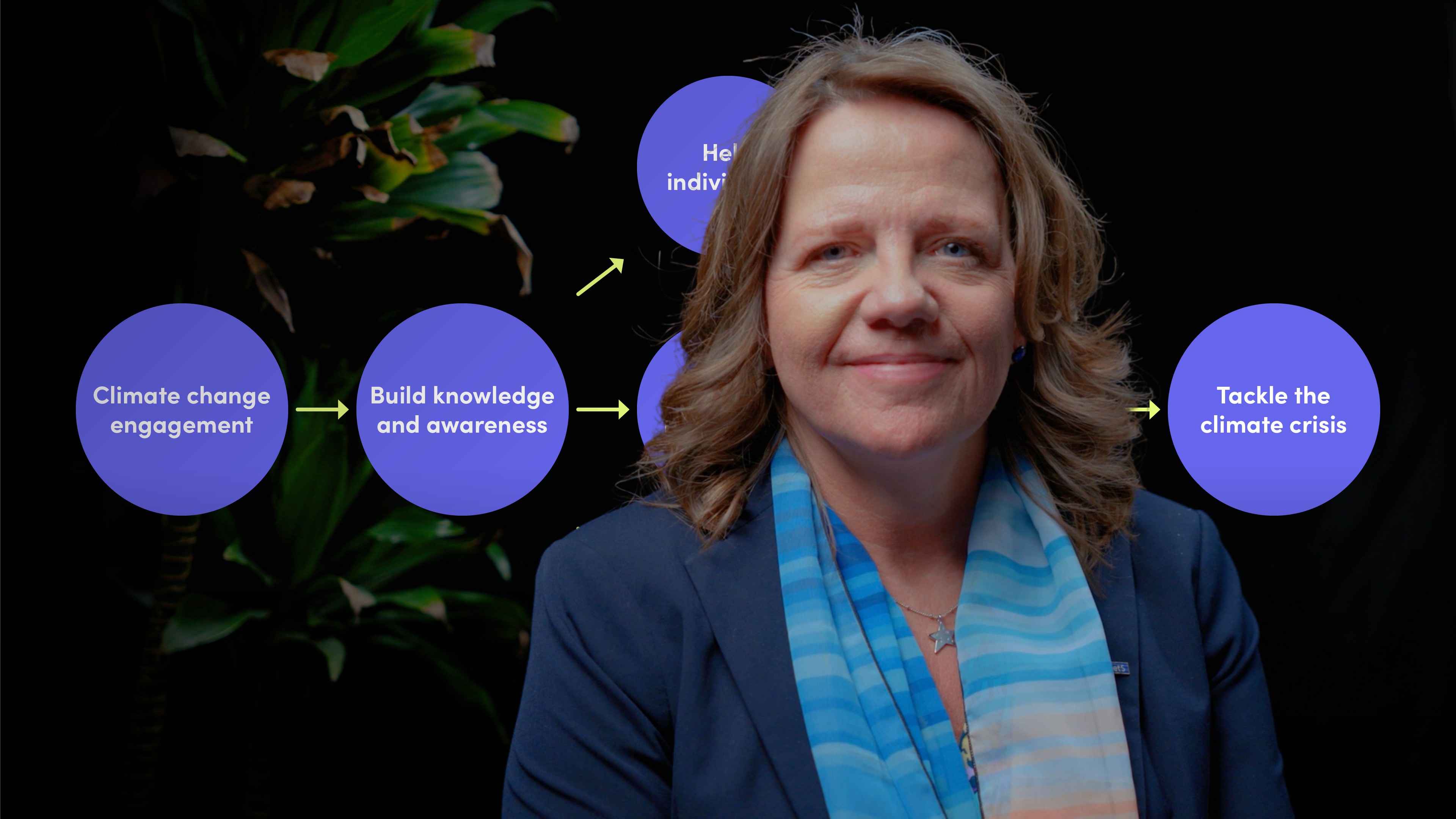
Key Global Climate Organisations

Liz Bentley
25 years: Meteorologist
Climate change has global consequences so global action is required. Join Liz Bentley as she explores the different intergovernmental bodies tackling climate change.
Climate change has global consequences so global action is required. Join Liz Bentley as she explores the different intergovernmental bodies tackling climate change.
Subscribe to watch
Access this and all of the content on our platform by signing up for a 7-day free trial.

Key Global Climate Organisations
4 mins 43 secs
Key learning objectives:
Outline intergovernmental organisations tackling climate change
Understand the different roles of the various global climate bodies
Overview:
Climate change is overseen by two United Nations (UN) agencies who are responsible for international co-operation on climate and coordinating with implementing environmental policies: the World Meteorological Organization and the UN Environment Programme. In addition to these we have the Intergovernmental Panel on Climate Change (IPCC) and the UN Department of Economic and Social Affairs. Lastly we have the treaties and conferences: the UN Framework Convention on Climate Change (UNFCCC) signed by 195 countries and aims to stabilise greenhouse gas concentrations, the Paris Agreement which is the globally agreed framework for tackling climate change and the Conference of the Parties (COP) the UNFCCC’s decision-making body.
Subscribe to watch
Access this and all of the content on our platform by signing up for a 7-day free trial.
What are the organisations tackling climate change?
Climate change is overseen by two United Nations (UN) agencies who are responsible for international co-operation on weather and climate and coordinating and assisting with implementing environmental policies.
1. World Meteorological Organization
2. UN Environment Programme
In addition to these two UN agencies we have:
– The Intergovernmental Panel on Climate Change (the IPCC) who provides an objective, scientific view of climate change and its political and economic impacts, based on assessments of published scientific literature.
– The UN’s Department of Economic and Social Affairs who is the agency responsible for the Sustainable Development Goals.
– The UN Framework Convention on Climate Change (UNFCCC), a treaty signed by 195 countries at the 1992 Earth Summit and aims to stabilise greenhouse gas concentrations at a level that will prevent dangerous interference of the climate system.
– The Conference of the Parties (COPs), which is the UNFCCC’s decision-making body. Its annual conference is attended by most countries in the world to review implementation and drive progress against three United Nations climate change treaties:
- the United Nations Framework Convention on Climate Change,
- the Kyoto Protocol and
- the Paris Agreement
– The Paris Agreement is the globally agreed framework for tackling climate change, created at the 21st Conference of Parties (COP21), which took place in Paris in 2015. The Paris Agreement sets a long-term temperature target of keeping global warming ‘well below’ 2 degrees Celsius above pre-industrial levels, and ‘pursuing efforts’ to keep it below 1.5 degrees Celsius.
Subscribe to watch
Access this and all of the content on our platform by signing up for a 7-day free trial.

Liz Bentley
There are no available Videos from "Liz Bentley"





























